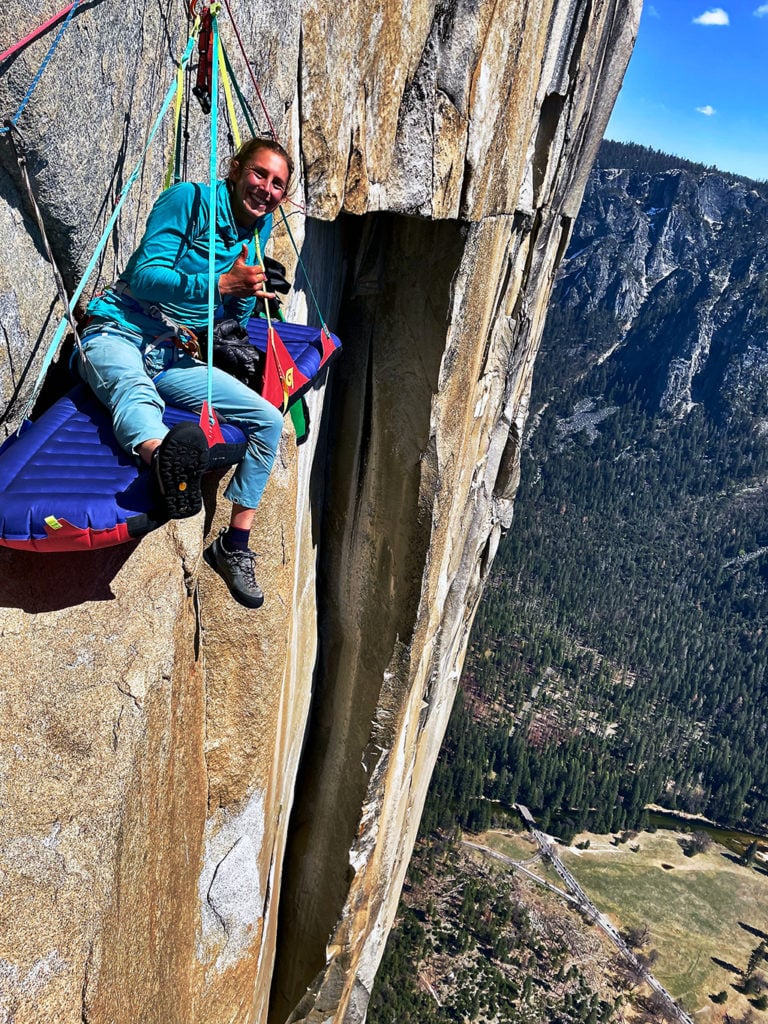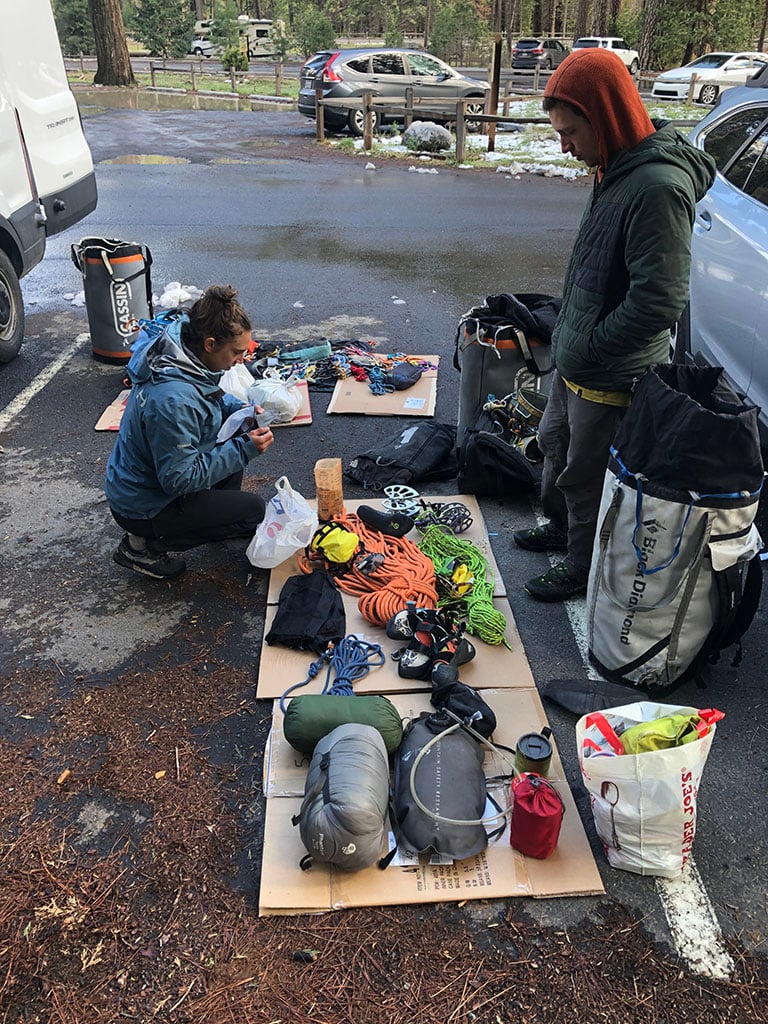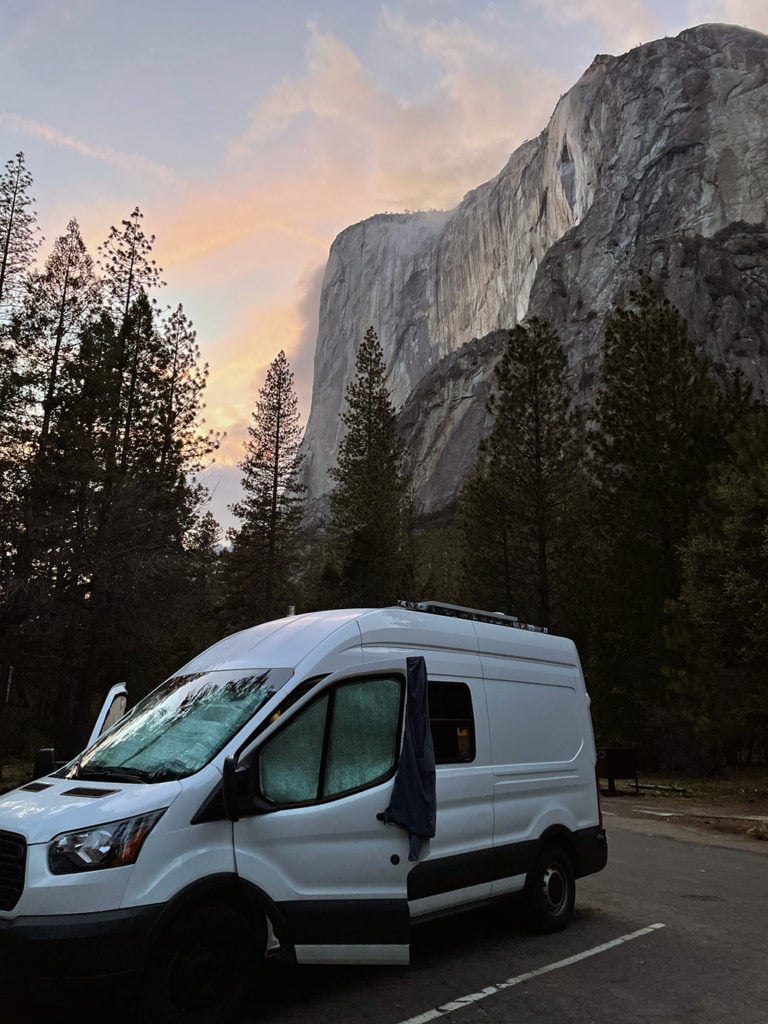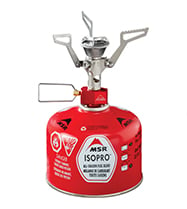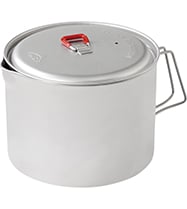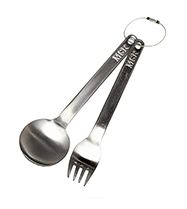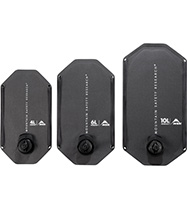Eat More to Do More: Common Misconceptions in Climbing Nutrition
There is no way around it for climbers—training can only get you so far. The other half of the equation is climbing nutrition. Amity Warme is an accomplished big wall climber who holds a Master’s degree in sports nutrition and is on her way to becoming a registered dietitian. Warme is the fifth woman to free climb Yosemite’s famous El Capitan in a day, and her tick-list includes heavy-hitters like Golden Gate 5.13a, Freerider 5.13a, and The Dream Team 5.13a. During her most recent season in Yosemite, Warme and her partner Will Sharp sent El Corazon 5.13b in a monstrous, ground-up effort. We sat down with her to chat about a bigger and more intimidating topic than big walls: a climber’s diet.
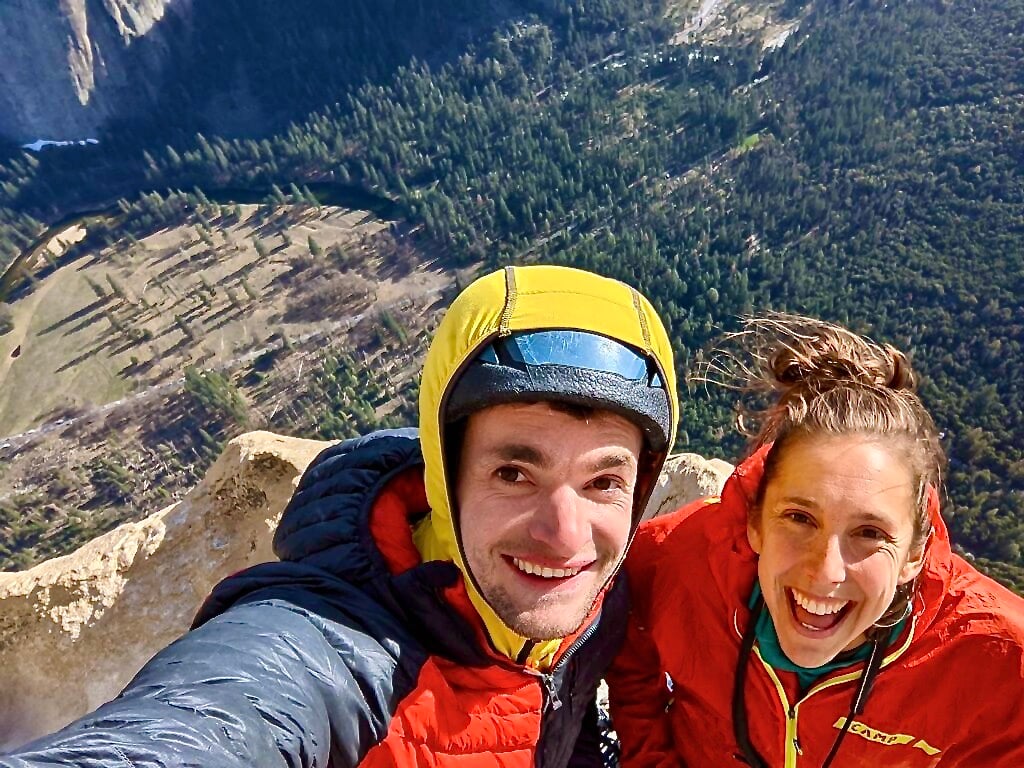
Warme describes herself as an “active and energetic” person. In her youth, she channeled that energy into gymnastics until a career-ending injury cut her time as a gymnast short. Warme tells us she found climbing in college and the passion, along with a mission to promote adequate fueling for athletes, has driven her ever since.
Warme’s motto is: eat more to do more. It’s as simple as it sounds, but she also knows that it is difficult to know where to start. There is an abundance of research on sports nutrition, diet trends come and go, and there’s always a hip new protein bar or supplement to buy. Today we will debunk some common misconceptions on climbing nutrition, and explore how you can apply some of the things she’s learned to your own climbing goals.
Lightweight is Not the Right Weight
As a climber and a former gymnast, Warme knows firsthand the potential harms of a weight-sensitive sport. Working towards a climbing goal, whether that’s a new grade or a big alpine route, requires as much commitment to your diet as it does to your training plan.
That training plan should not include restrictive eating.
“Obviously, I understand gravity is real,” says Warme. “It’s easier to pull yourself up a wall with less weight, and it’s easy to subscribe to the idea that losing a few pounds will help you send your project.”
Warme says when undereating becomes the norm, both your performance and health will suffer in the long run. “I see a lot of people get into this vicious cycle of losing weight and climbing better for a little while,” Warme continues, “but your performance will eventually start to decline because you aren’t giving yourself enough energy. Then you get trapped into thinking you need to lose more weight.”
Undereating perpetuates a cycle of low energy availability which eventually leads to injury, illness and burnout. Warme herself knows this firsthand. When she first began climbing, she too subscribed to the ideology that lighter means better, but after years of studying sports nutrition and overcoming her own undereating-related injuries, she’s here to caution you.
Lightweight is not inherently the right weight.
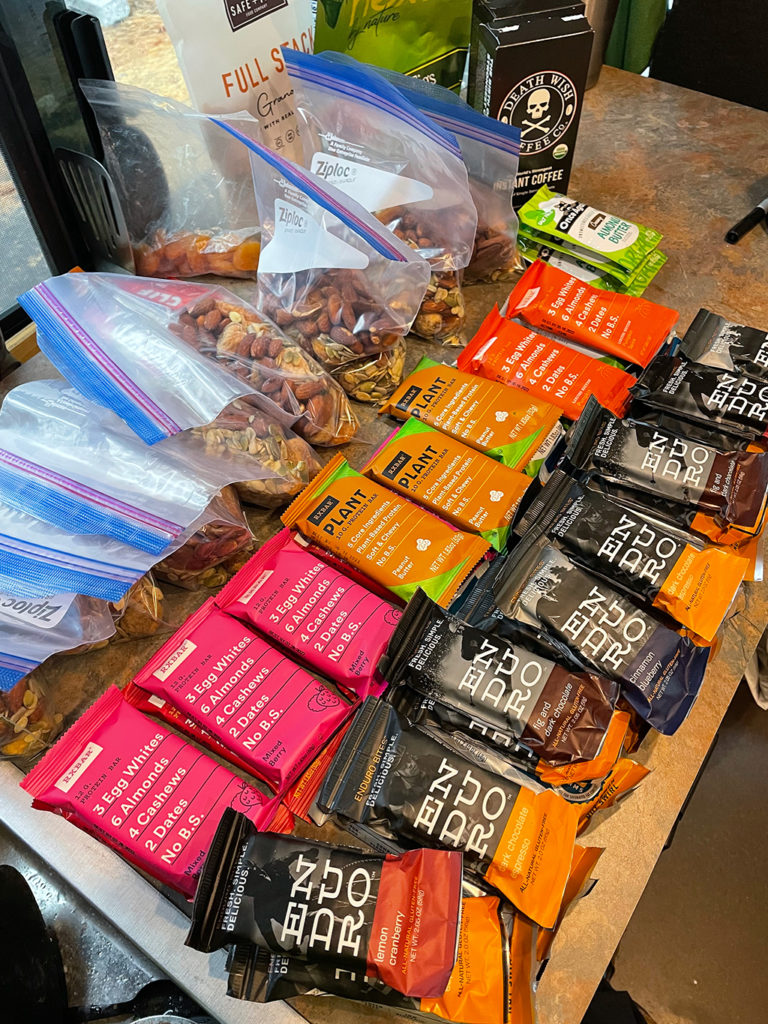
Carbs and Fat are Not Bad for You
“Carbs are your body and brain’s fuel source. You are made to run off of carbohydrates,” says Warme. “Everything you eat turns into glucose molecules to be used as energy. Carbohydrates are the basis for high-intensity exercises, like powerful boulder problems.”
On the other end of the spectrum, Warme tells us fat is typically utilized as a fuel source for lower-intensity exercises, like an all-day hike or moderate multi-pitches.
Eating carbohydrates and fat will not compromise your performance. “Some people have the misconception that eating a piece of bread is going to be the difference between sending and punting,” said Warme, “but it’s not true. Carbs are critical to energy recovery and immune function. It’s never as simple as bread equals no-send.”
Warme wants you to be aware that the public perception of what kind of food is bad for you isn’t always based on scientific research. No fat, low carb, and no sugar are often followed as a rule instead of guidelines of moderation.
(This is not Warme giving you permission to eat a hundred sleeves of Oreos! We begged, but she said no.)
Eat on Rest Days
Diet culture has many of us believing that food needs to be earned. If you don’t work out, you don’t eat. Warme is strongly against this mentality.
In addition to the fuel your body needs to function on a daily basis to exist, it needs fuel to recover. Even though you might be relaxing by a lake, reading a book or watching your favorite TV show, your body is actively rebuilding and repairing to come back stronger.
“I would encourage people to listen to their bodies,” said Warme. “If your body tells you it’s hungry, listen, even if you didn’t do a big workout.
“We make it a lot more complicated than it is because we want to be in control of these things and we want kind of a magic fix. And you can go buy a low-carb, low-fat, low-everything product from the store and feel like that’s going to fix your weight or fix how you look or make you climb harder.”
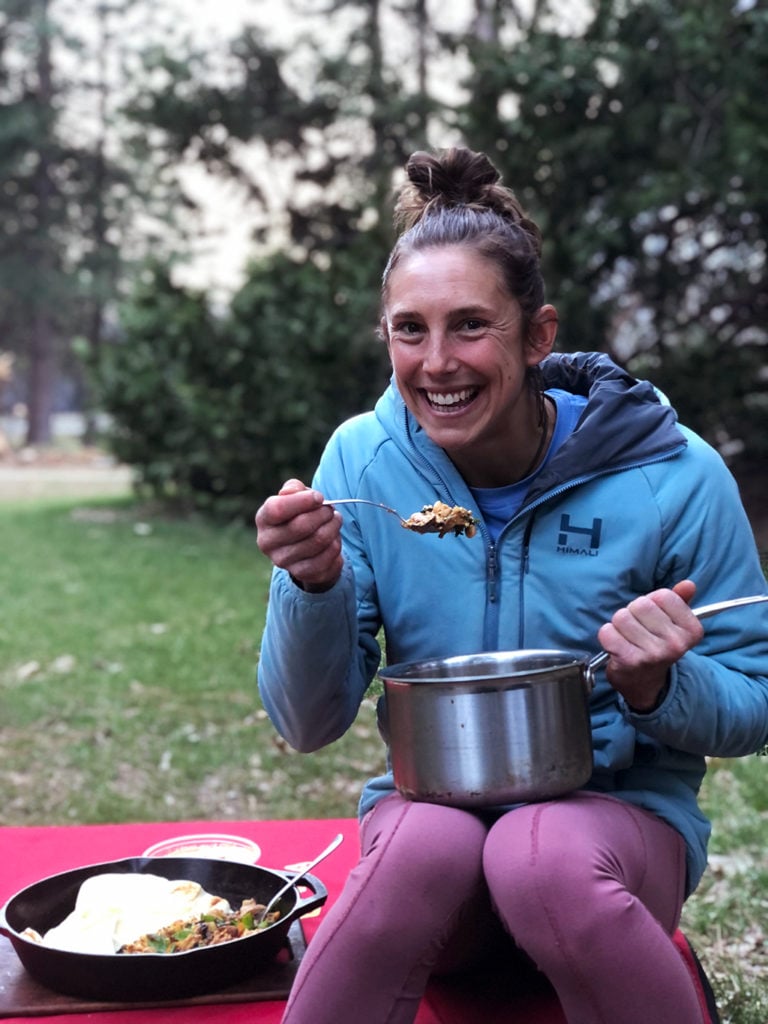
Listen to Your Body, Eat More to Do More
Warme acknowledges that climbing nutrition tips can be hard to unpack, so her biggest advice on how to tailor your climber’s diet to your climbing goals is simple.
Listen to your body. We all climb because we love the sport, so the lack of stoke is often the first warning sign. Just got off work and suddenly feel like you have no motivation to train? When was the last time you ate? If it was lunch at noon, consider packing a small snack like pretzels or peanut butter and jelly to eat on your way to the gym. Do two burns on your project feel like as much as you can give? Bring a proper lunch to the crag, and you might be surprised on your third or fourth burn.
We all want a magical, cure-all solution, like a special protein powder or secret hangboard routine, that will help us climb harder. Warme says the quickest and most magical way to climb harder is more simple than we imagine.
Give your body the fuel to perform to its full potential. Eat more to do more.
Related Posts:
- Multi-Day Rock Climbing: To Stove or Not to Stove
- Real Food for Mountaineering
- How Research on Climber Hydration Sparked a Revolution
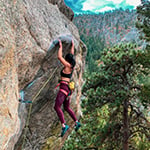 Holly Yu Tung Chen
Holly Yu Tung Chen
Holly is a Taiwanese climber, route setter and writer based in Denver, Colorado. Inspired by desert towers and a good summit snack, Holly is a yes-woman to anything climbing-related. Her number one goal is to look for authentic, genuine stories, especially stories of people who don’t like those already there.

